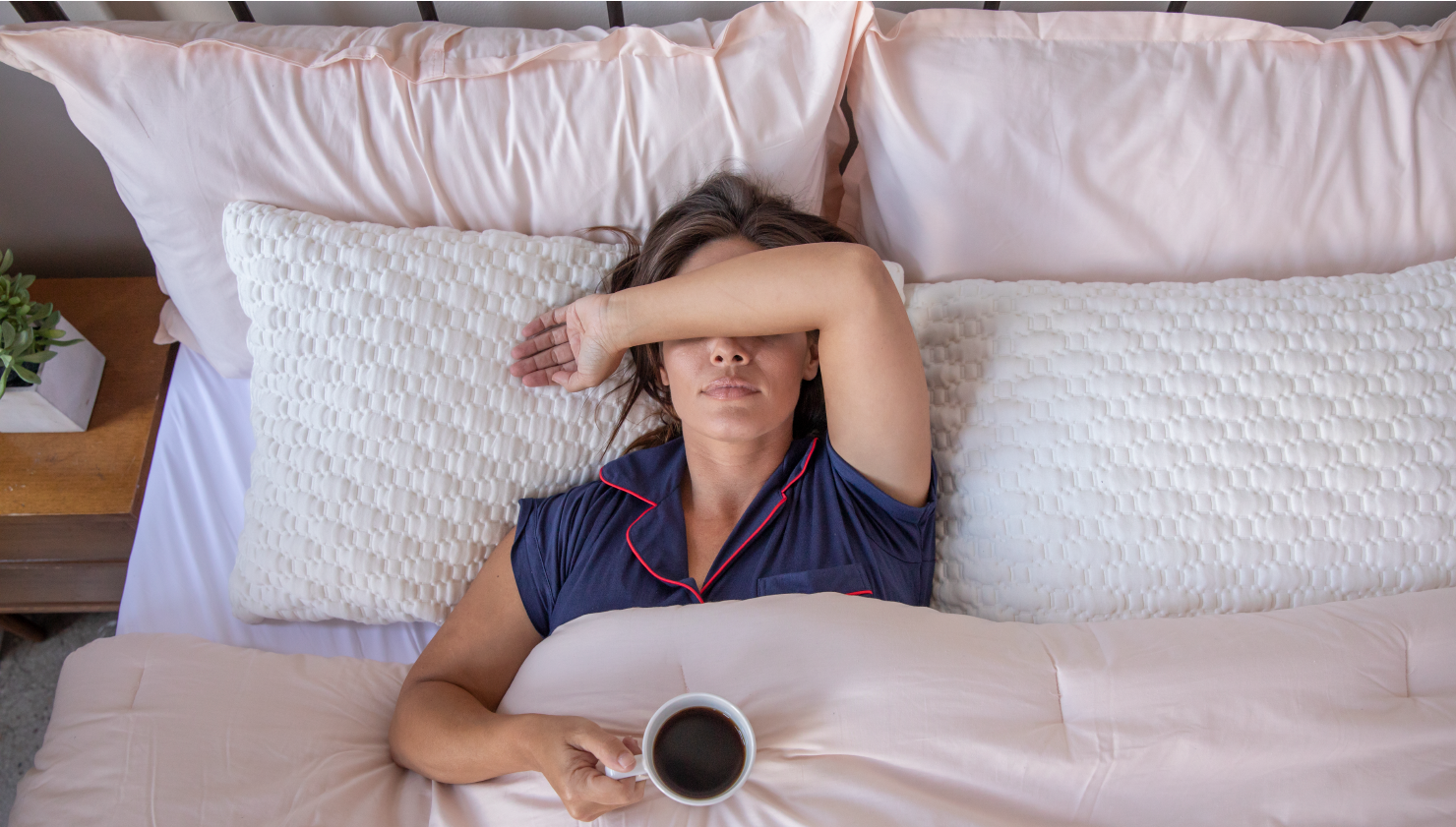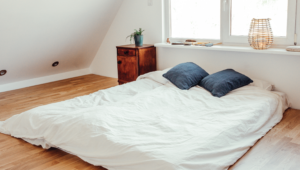After a long, exhausting day, there is nothing worse than climbing into bed and not being able to sleep.
We all experience sleeplessness at one point or another, but if you consistently experience trouble falling asleep and staying asleep, you may be experiencing a sleep disorder known as insomnia.
Let’s take a look at what insomnia is, three lesser-known causes of insomnia, and some habits you can adopt to help ease those sleepless nights.
What is insomnia?
Insomnia is a sleep disorder that can make it hard to fall asleep, hard to stay asleep, or cause you to wake up too early and not be able to get back to sleep.
There are two main types of insomnia: acute and chronic.
Acute insomnia
Acute insomnia, also known as short-term insomnia, can last anywhere from a couple of days to several weeks and is usually brought on by stress or a traumatic event.
Chronic insomnia
Chronic, or long-term insomnia, is defined as a long-term pattern of difficulty falling asleep and is diagnosed when an individual has trouble falling asleep three or more nights per week for three months or more.
If you are suffering from insomnia, you may be experiencing:
- Difficulty falling asleep
- Nightly wake-ups
- Not feeling rested in the morning
- Tiredness or sleeplessness during the day
- Depression, anxiety, irritability
3 Sneaky Reasons for Insomnia
There are a number of reasons why you might be suffering from insomnia, but let’s look at three reasons you may not be aware of.
Eating late at night
Believe it or not, you should actually avoid eating large meals before bedtime. Alexis Supan, a registered dietitian, explains that eating late at night goes against our body’s circadian rhythm, which is an internal process that regulates the sleep-wake cycle.
Aside from disrupting our body’s internal clock, eating in the late hours can also contribute to heartburn and poor digestion, making it harder to fall asleep.
Work
Your job may also be a contributing factor to your insomnia, especially if it requires you to work outside of normal working hours. If you’ve ever experienced working a night shift, you’re more than likely already aware of the effects it has on your sleep and life in general.
Working odd hours, taking work trips across time zones, and working different shifts can all mess with your body’s internal clock, which contributes to insomnia.
Age
Aging is also a factor that plays into insomnia. This is mainly due to changes in sleep patterns, changes in activity levels, and changes in health.
Healthy Sleep Habits
Insomnia can have considerable effects on our health, so it’s imperative to take as many preventative measures as possible to ensure a more restful sleep.
If you’ve experienced any form of insomnia, it may be beneficial to implement one or more of these habits:
- Consistent bedtime schedule
- Exercising
- Limit medications (if advisable) that contain stimulants
- Avoid daytime sleeping
- Avoid/limit caffeine, nicotine, and alcohol
- Adopt a consistent bedtime routine
Sleeping well at night, in addition to finding the right mattress, is one of the most important things we can do for our body and is sure to cure your restless nights!
However, finding the right mattress can be tough, but don’t worry, we did the work for you and created our free mattress quiz to help pair you with your perfect match! Take the quiz today and you’ll be one step closer to saying goodbye forever to sleepless nights.



